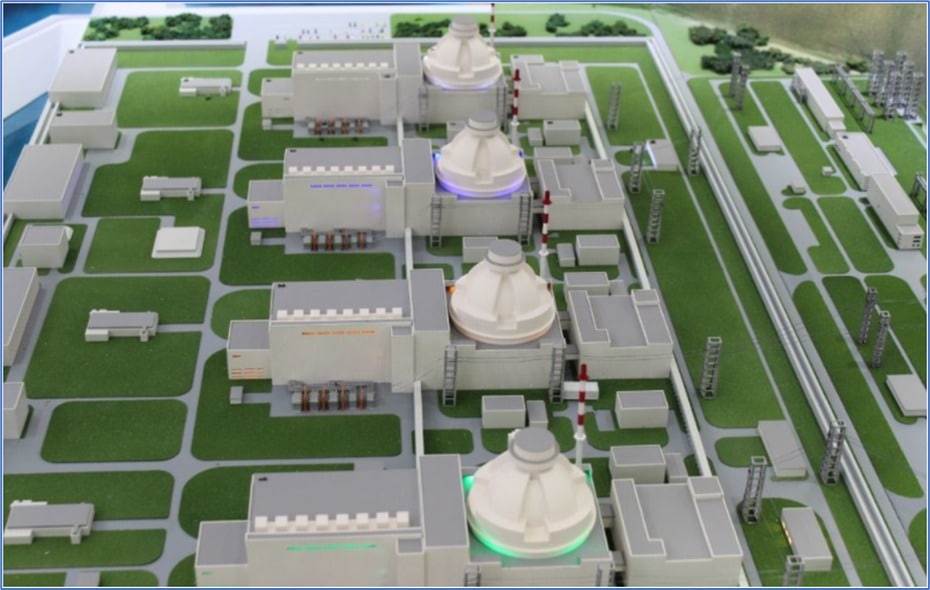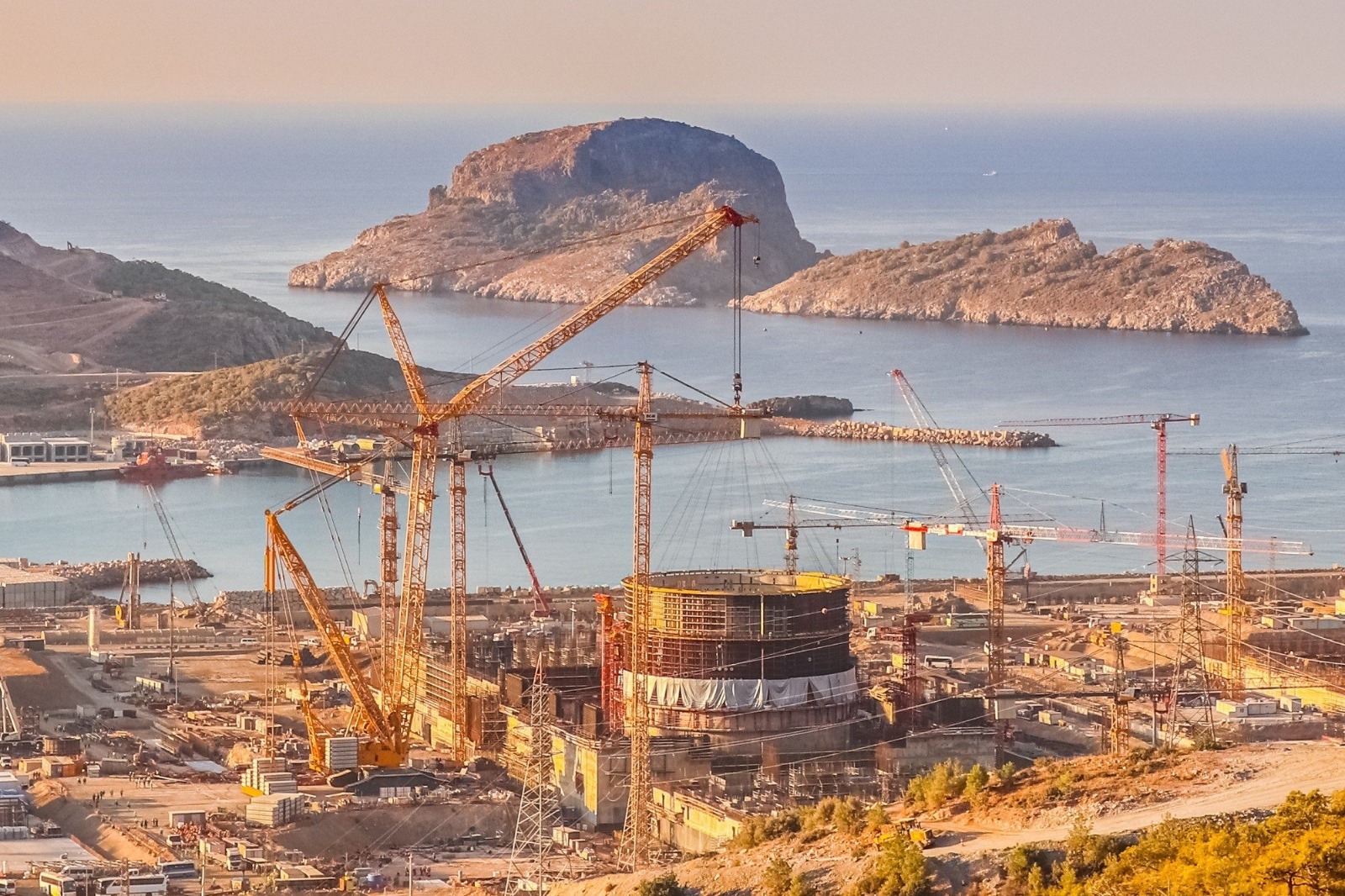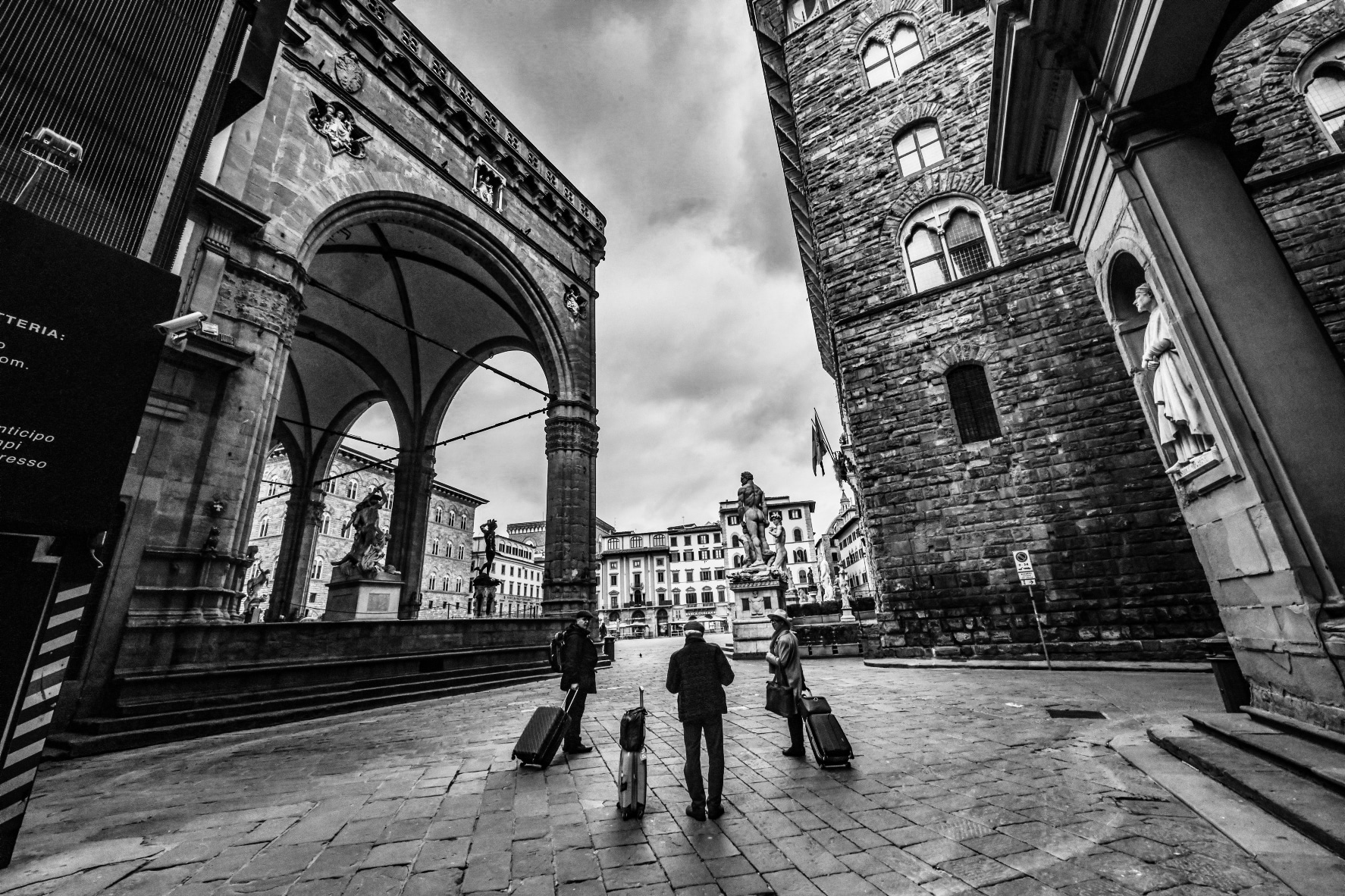Massimo Giorgi, rappresentante italiano della Nuclear Industry Association of Turkey, illustra il progetto di Akkuyu, che può arrivare a fornire 4800 MW.
Lo stabile approvvigionamento energetico è precondizione allo sviluppo, soprattutto per un paese emergente. Una fonte di energia a cui sempre più attori globali guardano è il nucleare. Le basse emissioni di CO2 si coniugano ad una resa stabile e continuativa. Il nucleare, di contro, richiede investimenti corposi e tempi lunghi. Un paese voglioso di emergere sulla scena regionale e globale come la Turchia ha deciso di puntare anche sull’energia nucleare per sostenere il suo sviluppo. L’Associazione Italiana Nucleare (AIN) ha recentemente pubblicato un approfondimento sul programma nucleare della Turchia e incentrato sul progetto di Akkuyu. Ne parliamo con Massimo Giorgi, rappresentante italiano della Nuclear Industry Association of Turkey.
Ripercorriamo le tappe che portano alla genesi del progetto.
“Nel 1956 viene istituita la Commissione per l’Energia Atomica ma i progetti si bloccano sia per ragioni nazionali sia per ragioni internazionali. Il nucleare necessita di molti investimenti. Tutto questo ha comportato la stagnazione del progetto fino a maggio 2010. Nel 2010 è stato firmato un accordo intergovernativo tra Turchia e Russia. Rosatom, azienda pubblica russa attiva nel nucleare, fornisce i finanziamenti e le competenze necessarie, la Turchia ha messo a disposizione il sito”.

Perché la Turchia ha deciso di puntare sul nucleare?
“La Turchia ha deciso di rivedere la sua strategia energetica. La Turchia dipende per quasi la totalità da fonti fossili di importazione, principalmente da Russia, Azerbaijan e Iran. Dunque, è fortemente dipendente dall’estero. In più, è stato previsto un raddoppio della domanda di energia interna in dieci anni, dal 2012 al 2023. Una crescita del 7% circa annuo a cui bisogna far fronte. Da queste considerazioni la scelta di diversificare le fonti energetiche, riducendo il peso di quelle estere: la Turchia diminuisce le importazioni di gas naturale, migliora le infrastrutture idroelettriche, cura tutte le rinnovabili e adesso inserisce il nucleare. Può essere dipendente anche con l’estero per le importazioni di uranio ma in questo caso può scegliere di importarlo non solo dalla Russia ma anche da altri Paesi, ad esempio, il Canada. La Turchia sta lavorando per rendersi indipendente”.
Quando sarà completato e quanta energia potrà garantire?
“Il progetto di Akkuyu prevede la realizzazione di 4 reattori, ognuno genera 1200 megawatt, per un totale di 4800 MW. Il primo reattore dovrebbe avviarsi nel 2023, l’anno dei cento anni dalla fondazione della Repubblica turca. Molte infrastrutture verranno inaugurate quell’anno. La centrale di Akkuyu può arrivare a coprire anche il 10% del fabbisogno energetico turco. Da 0 al 10% è un salto importante. Si sta valutando anche di replicare altrove un impianto nucleare una volta valutati i risultati dell’impianto di Akkuyu”.

Le imprese italiane sono invogliate a investire in Turchia e perché?
“L’interesse a investire è molto forte. Stiamo parlando di un paese emergente ma anche molto vicino. Il porto di Trieste, per esempio, è un punto nevralgico verso la Turchia. Automotive, logistica, costruzioni, componentistica. Ci sono dei rischi: la volatilità della moneta e l’inflazione. In compenso le istituzioni turche lavorano per migliorare la burocrazia e la giustizia e i miglioramenti si vedono. Per aprire un’impresa occorrono 6-7 giorni soltanto”.
Sulla Turchia segnaliamo anche:
English version
A stable energy supply is a precondition for development, especially in an emerging country. One source of energy that more and more global players look to is nuclear power. The low CO2 emissions are combined with a stable and continuous yield. Nuclear, on the other hand, is a long-term investment. Turkey is eager to emerge on the regional and global scene and so has decided to also aim at nuclear energy to support its development. The Italian Nuclear Association (AIN) recently published an in-depth study on Turkey’s nuclear program and focused on the Akkuyu project. We talk about it with Massimo Giorgi, Italian representative of the Nuclear Industry Association of Turkey.
Let’s retrace together the steps that lead to the genesis of the project.
“In 1956 the Commission for Atomic Energy was established but the projects were blocked for both national and international reasons. Nuclear requires a lot of investment. All this led to the stagnation of the project until May 2010. In 2010 an intergovernmental agreement was signed between Turkey and Russia. Rosatom, a Russian public company active in nuclear power, provides the necessary funding and expertise, Turkey has made the site available”.
Why has Turkey decided to focus on nuclear power?
“Turkey has decided to review its energy strategy. Turkey is almost entirely dependent on imported fossil sources, mainly from Russia, Azerbaijan, and Iran. Therefore, it is heavily dependent on foreign supplies. In addition, a doubling of domestic energy demand has been forecast in ten years, from 2012 to 2023. Annual growth of approximately 7% must be addressed. From these considerations the choice to diversify energy sources, reducing the weight of foreign ones: Turkey decreases imports of natural gas, improves hydroelectric infrastructures, takes care of all renewables, and now introduces nuclear power. It can also be dependent on foreign countries for uranium imports but in this case, it can choose to import it not only from Russia but also from other countries, for example, Canada. Turkey is working to make itself independent”.
When will it be completed and how much energy can it guarantee?
“The Akkuyu project involves the construction of 4 reactors, each generating 1200 megawatts, for a total of 4800 MW. The first reactor is expected to start up in 2023, one hundred years since the founding of the Turkish Republic. Many infrastructures will be inaugurated that year. The Akkuyu power plant can cover up to 10% of Turkey’s energy needs. From 0 to 10% is an important leap. It is also being considered to replicate a nuclear plant elsewhere once the results of the Akkuyu plant have been evaluated”.
Are Italian companies tempted to invest in Turkey and why?
“The interest in investing is very strong. We are talking about an emerging country but also very close to Italy. The port of Trieste, for example, is a focal point towards Turkey. Automotive, logistics, construction, components. There are risks: the volatility of the currency and inflation. On the other hand, Turkish institutions are working to improve bureaucracy and justice and the improvements can be seen. It only takes 6-7 days to open a business”.
Related contents:
- The Great Sultana has moved – Il Tazebao
- Parliamo di democrazia e diritti umani…ma a stomaco pieno. La varietà dell’ecosistema turco e l’impegno del TAGEM – Il Tazebao
Resta sempre aggiornato con Il Tazebao
Unisciti al gruppo Telegram per ricevere i nostri approfondimenti appena usciti. Instagram sarà il nostro supplemento fotografico. I video animano il nostro canale YouTube. Infine, inviando una mail all’indirizzo della redazione (redazione@iltazebao.com) puoi ricevere la newsletter settimanale.





